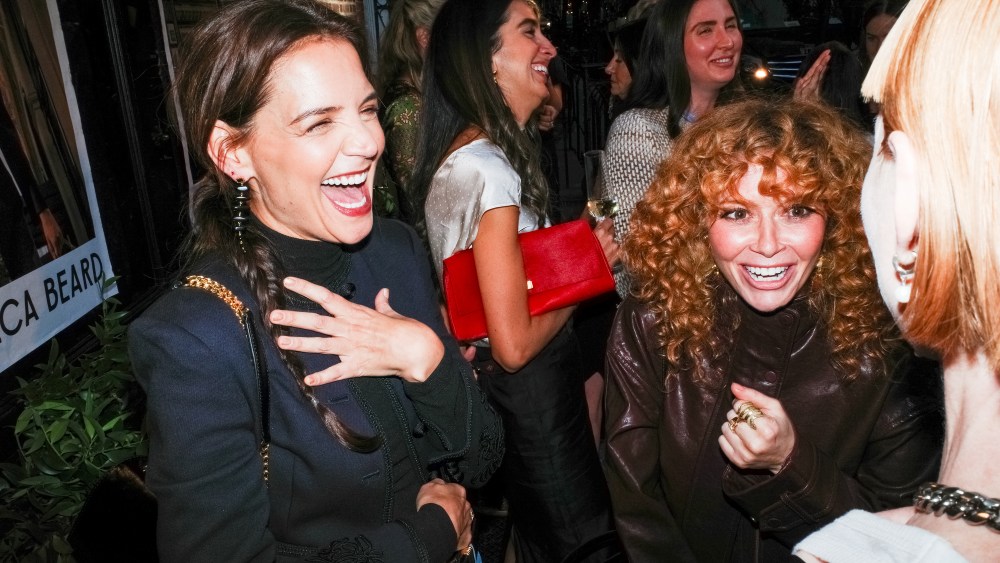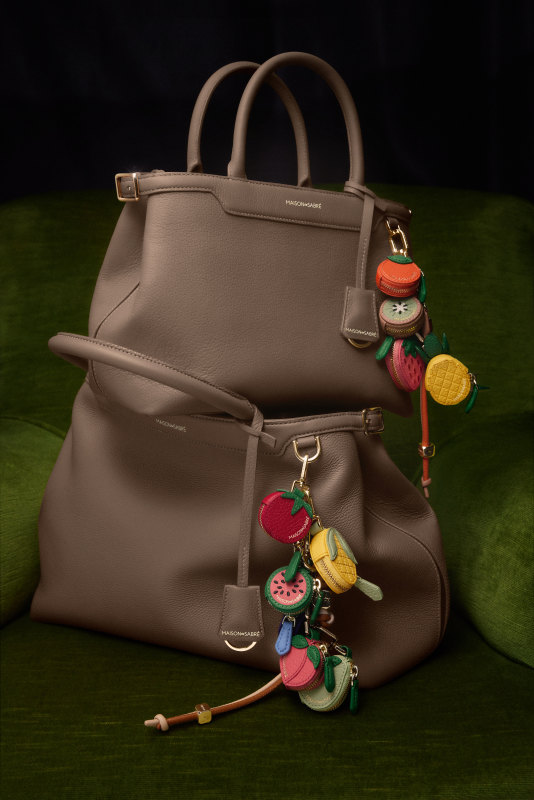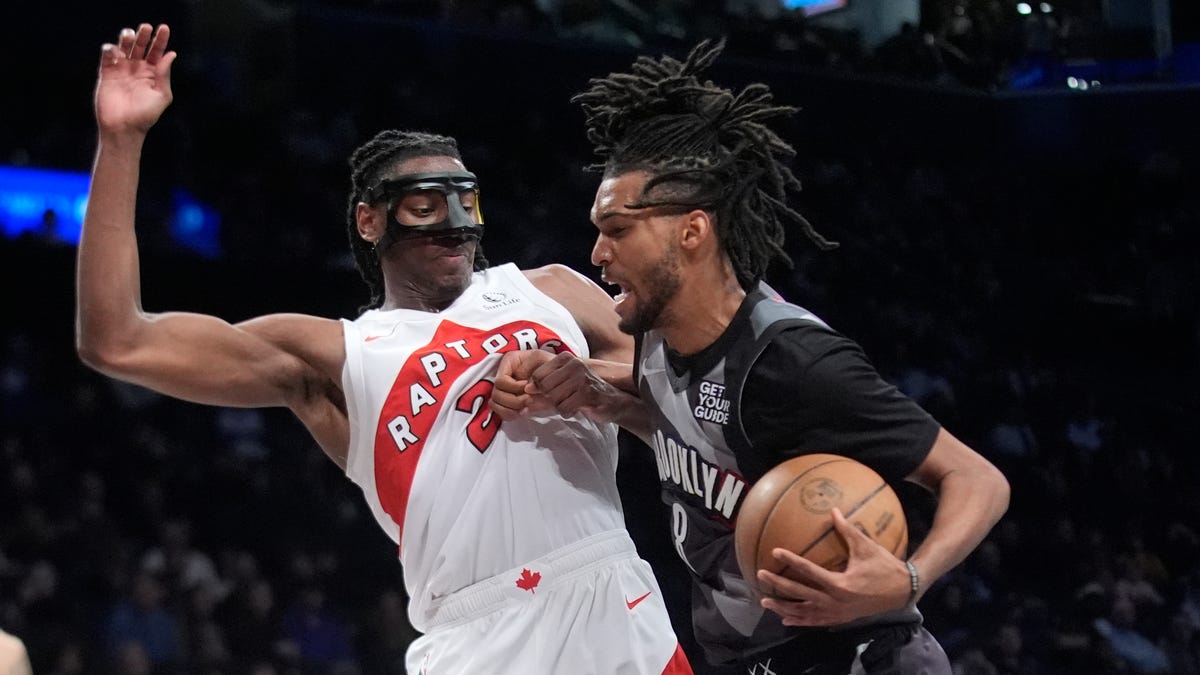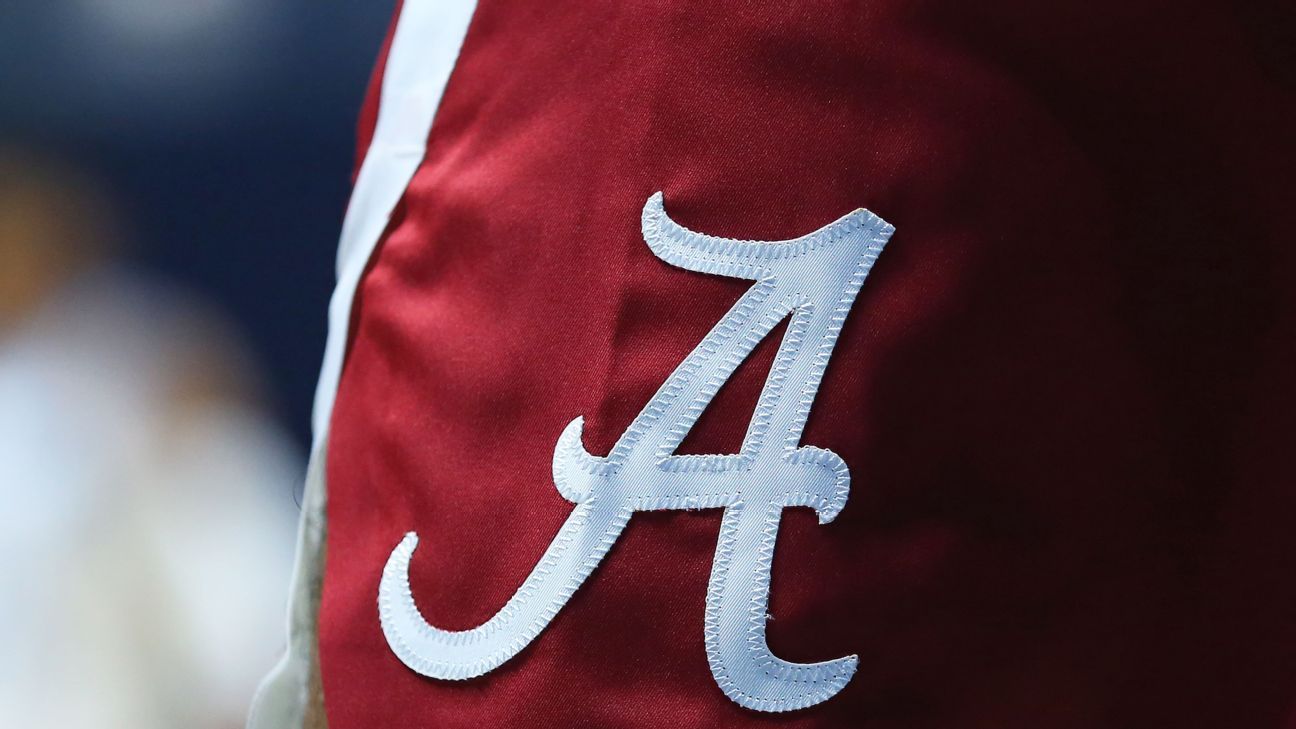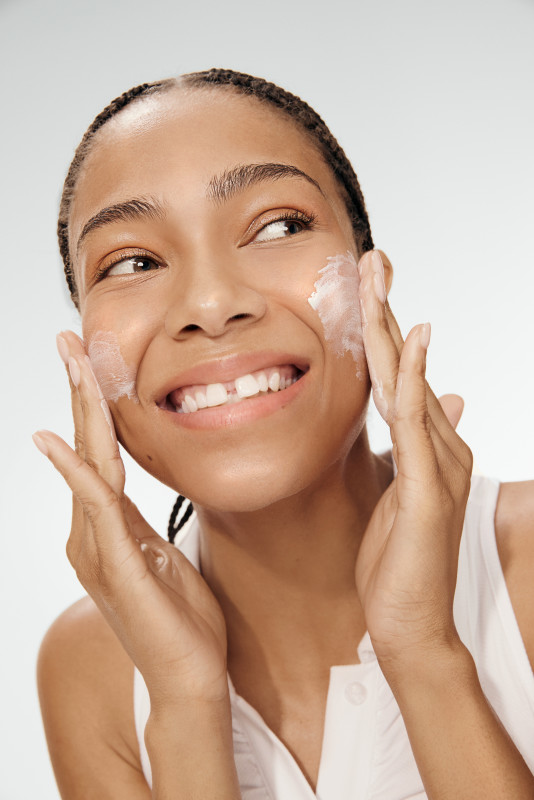
When Korean beauty’s first wave hit Western shelves in the mid-2010s, “K-beauty” and “inclusive” were hardly found in the same sentence.
It made sense at the time: These brands originated from a homogeneous-populated country that didn’t have to cater to a diverse audience. Not to mention, K-beauty’s initial expansion into the U.S. was fueled by its innovative skin-care products with goods like sheet masks, milky toners and ginseng-powered serums — items that could, in fact, be used on any skin tone.
So K-beauty’s major players weren’t expected to prioritize inclusivity in order to acquire market power. Today, however, it’s a completely different story: Over the past couple of years, U.S. audiences have witnessed K-beauty’s second coming, which has involved a shift in focus from skin care to makeup/skin-care hybrids. And with that, the era of Korean brands getting away with ignoring inclusivity is no longer. With increased demand for widespread representation shaping the beauty industry, consumers are expecting K-beauty labels to meet those standards — and aren’t shy to publicly call out brands if they fall short.
Amid this new wave of launches, Korean beauty brands are betting especially big on sunscreen. What makes them stand out from their American peers? While both markets offer equally effective UV protection, K-beauty’s SPF options often outperform in providing targeted skin-care benefits and gentler textures. This is thanks to Korean companies’ wider access to chemical filters; the U.S. works with 16 FDA-approved UV filters, compared to Korea’s 30. K-beauty brands can’t legally sell those formulas stateside, but they have earned a reputation for elevated sunscreens nonetheless. The real test, though, is which K-beauty sunscreen labels are dark-skin-friendly. Some brands aren’t afraid to take on the challenge.
Photo: Courtesy of Innisfree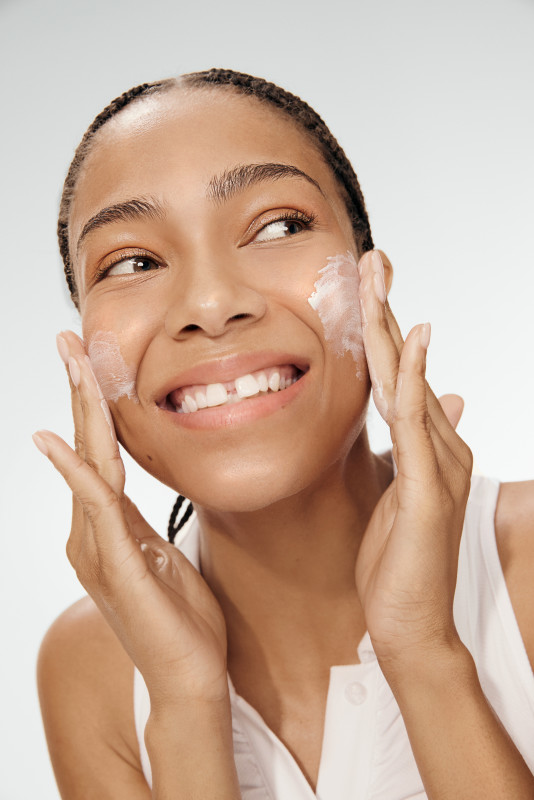
Take, for example, Beauty of Joseon: In July, the TikTok-favorite brand launched its Day Dew Sunscreen SPF 50, a sunscreen/skin-care hybrid boasting a cloud-like texture and dewy finish. According to the brand team, inclusivity was a priority from the very beginning of the formulation process: They used modern chemical UV filters along with skin-care-first ingredients like niacinamide, panthenol, hyaluronic acid and rice extract. The result was an ultra-lightweight sunscreen with a breathable texture and invisible finish.
“Throughout development, we tested Day Dew on a diverse range of skin tones and types to ensure it delivered on its promise to be invisible, protective and skin-enhancing,” a spokesperson from Beauty of Joseon tells Fashionista. The brand also recently introduced its Daily Tinted Fluid Sunscreen, in 12 shades intended to span most skin tones.
When Coréelle’s private label, House of Dohwa, prepared to release its Rice Bran Sunscreen in July 2023, it, too, accounted for darker skin tones throughout the research and development process. “We recognized early on that traditional K-beauty, while rich in heritage, wasn’t always representative of the full spectrum of global beauty,” Coréelle Founder Abe Cho says. “From day one, our mission has been to share the benefits of Korean beauty rituals in a way that feels welcoming and relevant to everyone.” Its rice extract-powered, organic UV-filtered sunscreen achieves this with its lightweight touch, fast-absorbent texture and zero white cast. “The formula absorbs naturally into all skin tones – no stickiness, just a smooth, transparent finish,” he continues.
Korean skin-care brand Anua takes a different approach. Rather than betting on one hero product for all skin tones, it produces an SPF lineup that reflects the diverse needs of its customers. For shoppers with darker complexions, specifically, Anua recommends its chemical sunscreens: the Heartleaf Silky Moisture Sun Cream and the Zero-Cast Moisturizing Sunscreen.
“Both sunscreens share a key benefit: They apply smoothly and comfortably like skin care, without leaving any white cast,” says Yoonhee Baek, Anua’s senior manager of product. “The Zero-Cast formula, in particular, leaves a more hydrating, glow-like finish that feels similar to a moisturizing cream.”
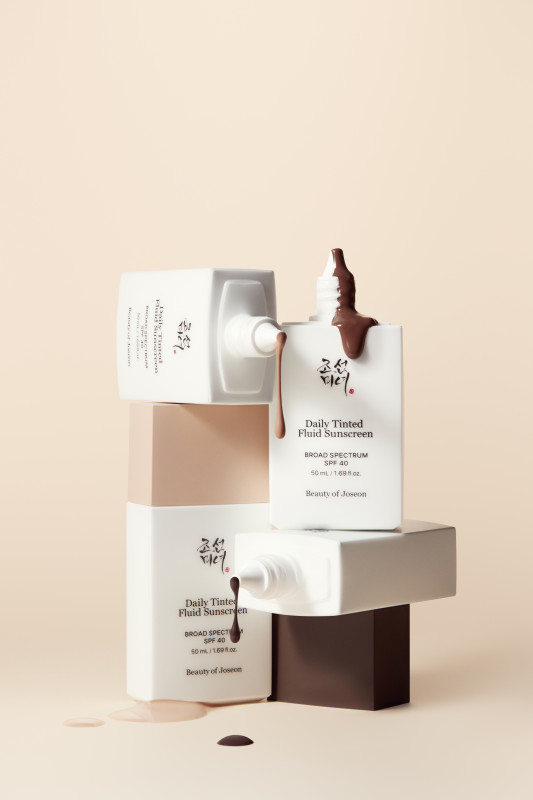
Photo: Courtesy of Beauty of Joseon
Cho admits that perfecting an inclusive sunscreen doesn’t come without its challenges. The most difficult part of the formulation process is the science of it all: balancing a “strong SPF efficacy, a comfortable texture and a finish that blends seamlessly across all skin tones,” he explains. “Filters that work well on deeper skin tones without leaving a white cast can sometimes impact formula stability or interact with other skincare ingredients in unpredictable ways.”
It’s why Coréelle heavily invests in repeated formulation to get it right and will trial the product in a “diverse panel testing” across multiple skin tones, types and conditions.
The challenges don’t stop once the formulation process wraps up. Marketing inclusive SPF in an authentic way is a whole other feat.
Innisfree, a “clean” K-beauty brand known for its serums and Daily UV Defense Sunscreen, favors inclusive messaging via diverse ad campaigns and influencer partnerships to reflect its multi-cultural audience. “We’ve always tried to keep things real,” Sarah Song, associate director of product marketing at Innisfree, says of the strategy. “When it comes to marketing, we want people to see themselves — not just in the products, but in the stories we share.”
Beauty of Joseon is strategic with its collaborators, too: “From a brand perspective, inclusivity isn’t something we see as just a box you check. We are intentional about working with a wide range of creators, models and community partners and work to amplify the voices who have helped bring our products into their communities,” the spokesperson says.
In July, the brand signed DJ artist Peggy Gou as its brand ambassador. The goal is, through Gou’s reach, to connect a global community and lean into culture as a way to resonate with consumers.
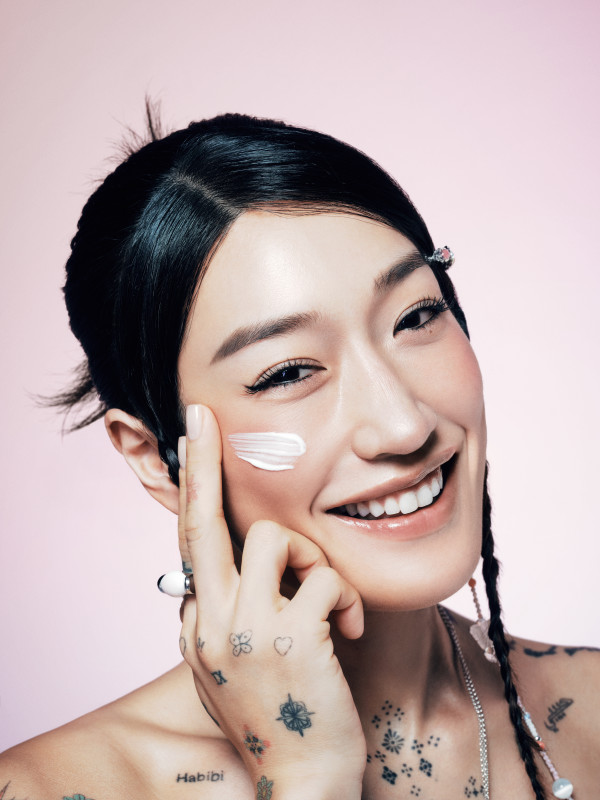
Photo: Courtesy of Beauty of Joseon
Retail partnerships — like Beauty of Joseon’s U.S. debut with Sephora — are another way to get Korean sunscreens in front of a wide, diverse audience.
However, the best evidence of how well a Korean sunscreen works on darker complexions is often found on social media. A quick search on TikTok shows the widespread stamp of online approval Black and Brown content creators have given Innisfree’s sunscreen. Anua’s Heartleaf Silky Moisture Sun Cream is another that passes the dark-skin-friendly Korean sunscreen test.
Coréelle closely monitors insights from TikTok and Instagram to note any feedback that can be difficult to get through standard testing alone. The brand takes those critiques back to its R&D and marketing teams. “Social media isn’t just a promotional tool, it’s an integral part of our product innovation process,” Cho says. “For example, if we begin seeing repeated comments like ‘it pills under makeup,’ that input is immediately flagged for deeper investigation and can lead to formula adjustments.”
Photo: Courtesy of Anua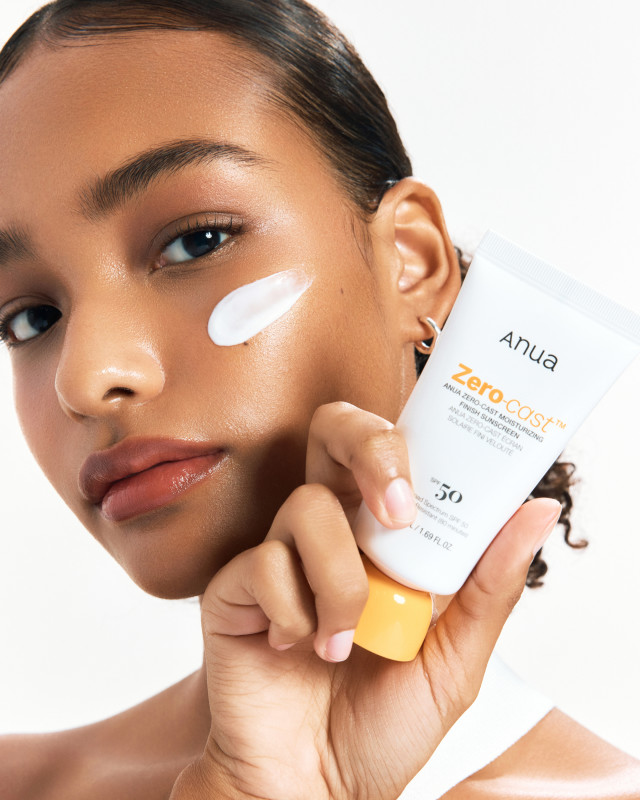
Formulating sunscreen takes time and research, especially when catering to a diverse audience. (Let Youthforia’s rise and fall be a cautionary tale on adapting to consumer feedback too soon.) And there’s no doubt we’ll see even more innovation in the future. So if their current sunscreen offerings are any indication of what Black and Brown consumers can expect, these K-beauty brands are certainly on the right track.
Do you have an emerging brand you want to share with Fashionista readers? Jumpstart your business with our affordable digital offerings.
#Korean #Sunscreen #Brands #Winning #Black #Brown #Shoppers

